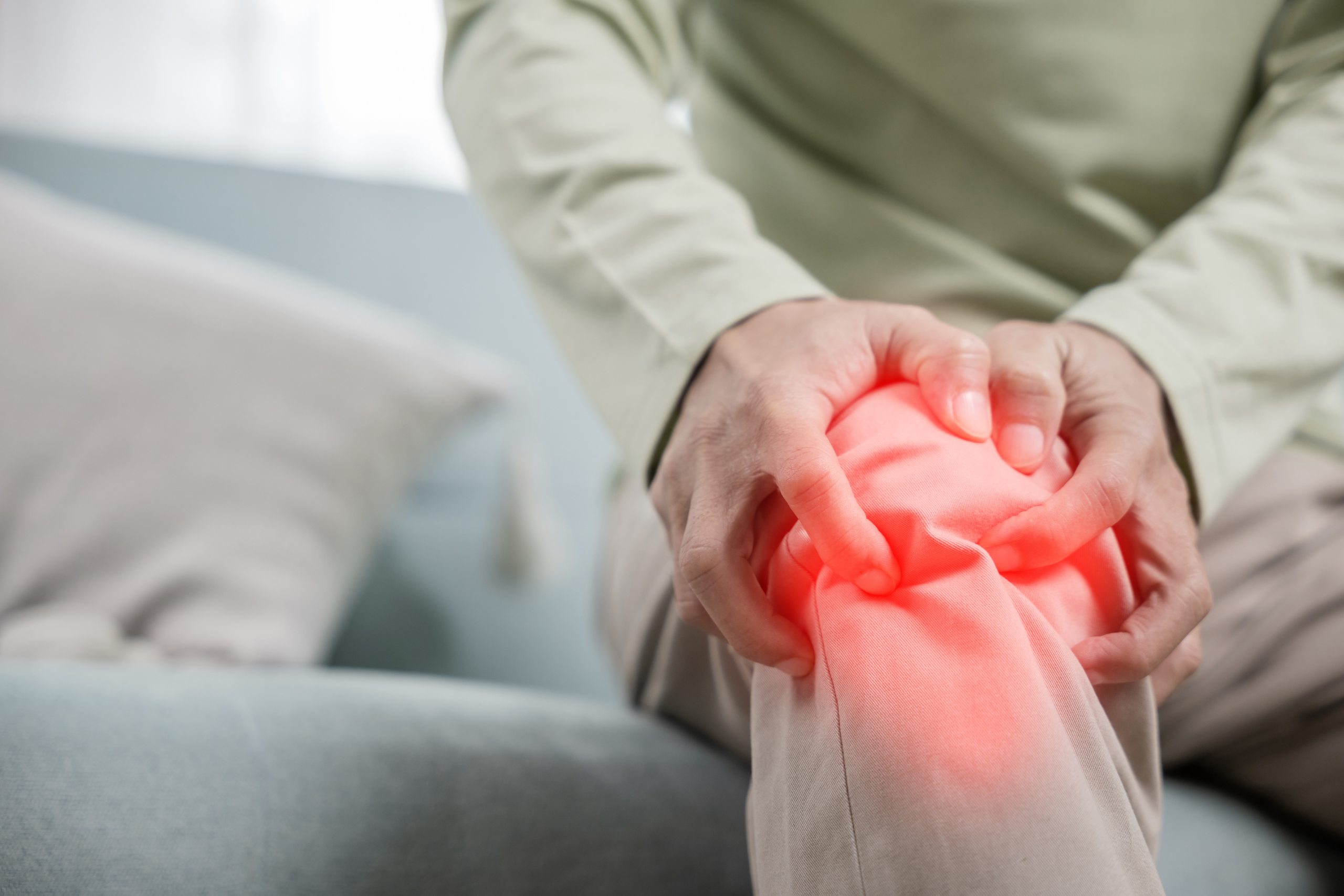One of the most common questions we are asked (especially after we have declined a case) is “Well, how do you determine which cases you will take?”. The sad truth is that there are far more nursing home abuse and neglect claims than there are nursing home abuse attorneys qualified to prosecute the cases. While there are many “medical malpractice” attorneys and “personal injury lawyers” out there, true nursing home abuse attorneys who have dedicated their careers (and their training and education) to representing nursing home residents and their families are very rare. As a result, we get more calls in a week than we could likely pursue in a year. We have to be incredibly selective in the cases we agree to prosecute for several reasons.
First of all, it is our mission to turn “victims into victors” and hold nursing homes accountable for abuse and neglect. We can’t do that if we take cases that we cannot win. Taking a case that we cannot prove (even if we strongly believe the care was poor) doesn’t help our clients or our mission. Bringing a loving family through potentially years of painful and expensive litigation when we have reason to believe we cannot prove the injuries were from abuse and neglect only harms our client and thwarts our mission. Secondly, these cases are incredibly costly and time-consuming to bring. We must make sure that to continue our mission we are being responsible stewards of our firm and our clients’ time and money. This allows us to go “all-in” for the clients we do choose to represent. Unfortunately, that also requires us to decline representation far more than we accept it. Below is an outline of some of the factors we use to make these difficult decisions.

1. Deviation from the Standard of Care
The first consideration for us is to determine if the nursing home ”deviated from the accepted standard of care”. In other words, you must prove that the nursing home did something, or failed to do something, and that nine out of ten nursing homes would have done differently under the same or similar circumstances.
This is where a deep understanding of the nursing home’s process and protocols becomes crucial. To check the nursing home’s work effectively, you need to know what the standard of care is for residents in their specific situation. Identifying the deviation from this standard is the initial step in building your case. Remember, it is not enough to “suspect” that the facility has deviated from the standard of care – as the suing party (ie. The plaintiff) we have the burden of proof to prove that the nursing home deviated from the standard of care. A bad outcome in a nursing home is simply not enough. We must prove that the bad outcome happened because the nursing home failed to do what it was supposed to do.
2. Injury – The Consequence of Neglect
The second pillar is showing that a significant injury resulted from the nursing home’s deviation from the standard of care. Not every injury will suffice to bring a full-blown medical malpractice case; it must be substantial enough to justify legal action.

The nursing home’s fundamental obligation is to provide care to residents, ensuring their physical and mental well-being. Any injury sustained by a resident as a result of neglect or mistreatment is a grave concern. These injuries can range from falls and pressure ulcers to infections and malnutrition. The severity of the injury is a key factor in determining the strength of your case. The great cost of pursuing these cases requires us to only represent the catastrophically injured or killed. We certainly wish we could represent those with minor injuries but unfortunately, the reality of nursing home abuse and neglect litigation makes it impossible to do so. Falls with broken fingers or non-surgical injuries are often declined by us not because we believe those injuries are ok but because we would have to spend more money to prosecute the case than we could reasonably expect to get from a jury in those cases. Spending $100,000 to get a $15,000 or $25,000 verdict helps nobody.
3. Causation – Linking Deviation to Injury
The third and final pillar is establishing a clear link between the nursing home’s deviation from the standard of care and the resulting injury. Causation is a critical element in any medical malpractice case, as it directly connects the negligence of the facility to the harm suffered by the resident.
It’s not enough to show that the nursing home made a mistake. It is also not enough that we prove a significant injury or death. We must prove that the mistakes made by the facility directly led to the injury or death. We decline many cases despite significant evidence of wrongdoing and serious or even life-threatening injuries when we cannot prove that the wrongdoing caused the injuries. Unlike most cases, nursing home cases often have the most challenging causation issues. After all, our nursing home clients are already so sick, elderly, frail or vulnerable that they require 24/7, 365 days a year nursing home care before the events that we are suing over. This allows defense lawyers representing the nursing homes to argue that deaths and injuries are not actually from poor care but from the “natural aging process” or the “consequences of the end of life”. We have to be able to overcome these defenses with expert testimony. That testimony has to rely on facts in the record or witnesses to the events. Without this crucial link, we cannot pursue the case.
Understanding Abuse in Nursing Homes
In addition to the three pillars mentioned above, it’s essential to recognize that abuse can also be a basis for legal action. Abuse in nursing homes is defined as the willful infliction of injury, unreasonable confinement, intimidation, or punishment that results in physical harm, pain, or mental anguish. It can also encompass the deprivation of goods or services necessary for a resident’s physical, mental, and psychosocial well-being.
Navigating a nursing home malpractice, abuse, or neglect case requires a deep understanding of the three fundamental elements: deviation from the standard of care, injury, and causation. These pillars serve as the backbone of your case, and without clear evidence supporting each element, a lawsuit may not succeed. Additionally, recognizing and addressing abuse is crucial to protecting the well-being of nursing home residents. If you suspect negligence or abuse in a nursing home, seeking legal advice from a qualified attorney is essential to ensure the safety and rights of your loved ones.


